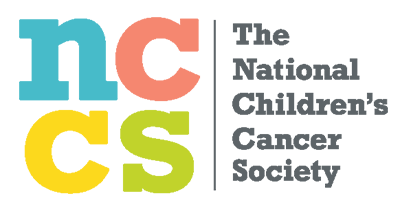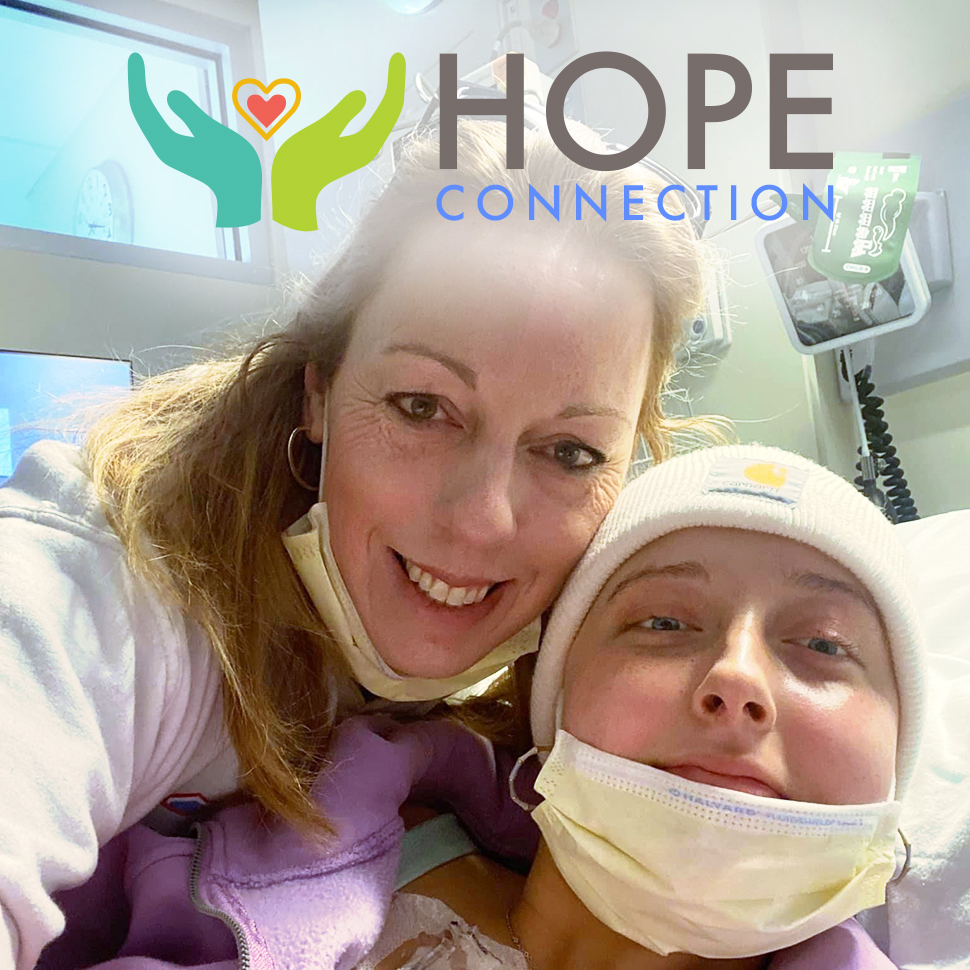
The Hope Connection
An e-newsletter filled with invaluable insights, personal stories, and practical tips for families touched by childhood cancer.
Sign up to receive The Hope Connection quarterly e-newsletter. Scroll down to browse previous newsletter articles.
Hope Connection Articles
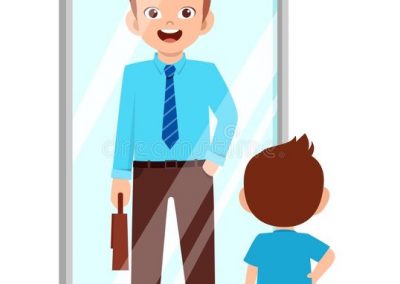
New research is leading to a better understanding of childhood cancer survivorship and the effects of cancer and therapy. Long-term side effects related to cancer and prior treatments are called “late effects” and may be mental, physical, social or even second cancers.
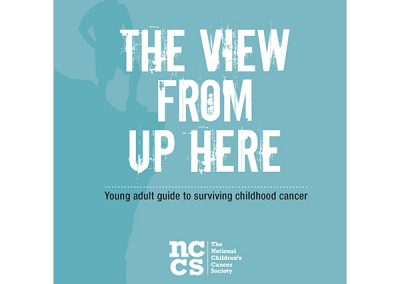
Everyday there is a new diagnosis and a new childhood cancer survivor. To help young adults through their journey, The National Children’s Cancer Society created a publication specifically for survivors of childhood cancer ages 15 or older. The View From Up Here provides detailed information to help with every stage of the survivorship journey and addresses the different struggles that may arise.
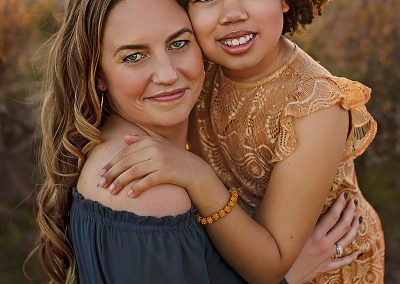
Childhood cancer survivors are at risk of developing late effects, which are problems related to cancer treatment that persist after treatment is completed. Recognizing them early gives the best chance of providing effective treatments. In response, many hospitals have established long-term follow-up clinics to monitor survivors beyond treatment.

The transition from a pediatric health care setting to an adult setting can be a difficult process. Cancer survivors treated in the pediatric setting must be able to adapt to a new health care system in a positive manner.
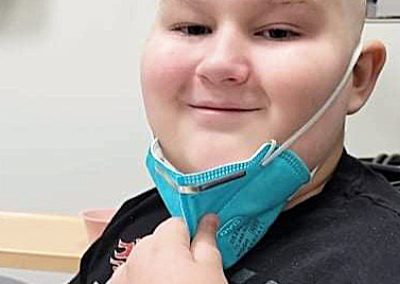
There is a saying that “you cannot pour from an empty cup.” This holds especially true when you are a caregiver to a child diagnosed with cancer. Self-care is the broad term that involves taking the necessary steps to ensure your own health and well-being.
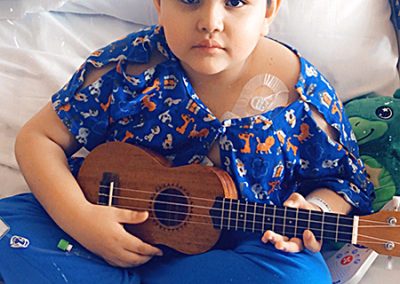
Relationships have normal ups and downs, however, your child’s cancer experience may cause unique emotional challenges that can significantly affect your relationship. The stress from the diagnosis and new responsibilities in caring for your child may cause uncertainty and anxiety.
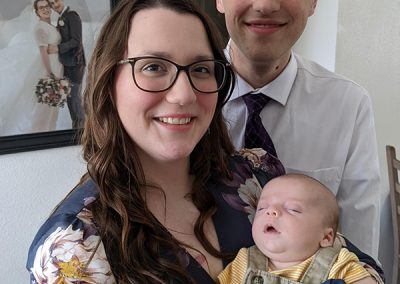
Did you know The National Children’s Cancer Society (NCCS) has been awarding college scholarships to childhood cancer survivors since 2008? Since that time, the NCCS has awarded over $2 million to 227 survivors to help them fulfill their future dreams.
The NCCS Beyond the Cure Scholarship program has awarded nearly $2 million to over 200 childhood cancer survivors to help them fulfill their future dreams. Survivors who are awarded scholarships are asked to complete volunteer service hours to give back to the childhood cancer community.
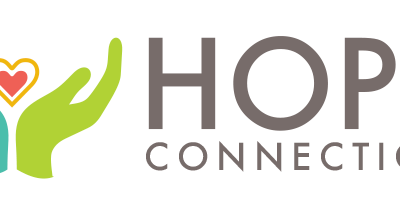
A cancer diagnosis is overwhelming. It’s unexpected, and with so many unknowns, difficult to accept. Little Vaylah, at just 6 years old, knows this all too well.
Children undergoing cancer treatment benefit from returning to school as soon as medically possible, however this can be a tough adjustment for children, their parents and even the school.
Compassion fatigue is a natural consequence of stress and is common among those caring for cancer patients. Learn how to identify compassion fatigue to find relief from your symptoms and maintain your well-being as you play the very important role of caregiver.
A serious illness, such as cancer, can be a risk factor for depression. It’s one of the most common mental health disorders and can develop at any age. Here are tips for caregivers and parents on identifying and dealing with symptoms of depression.
